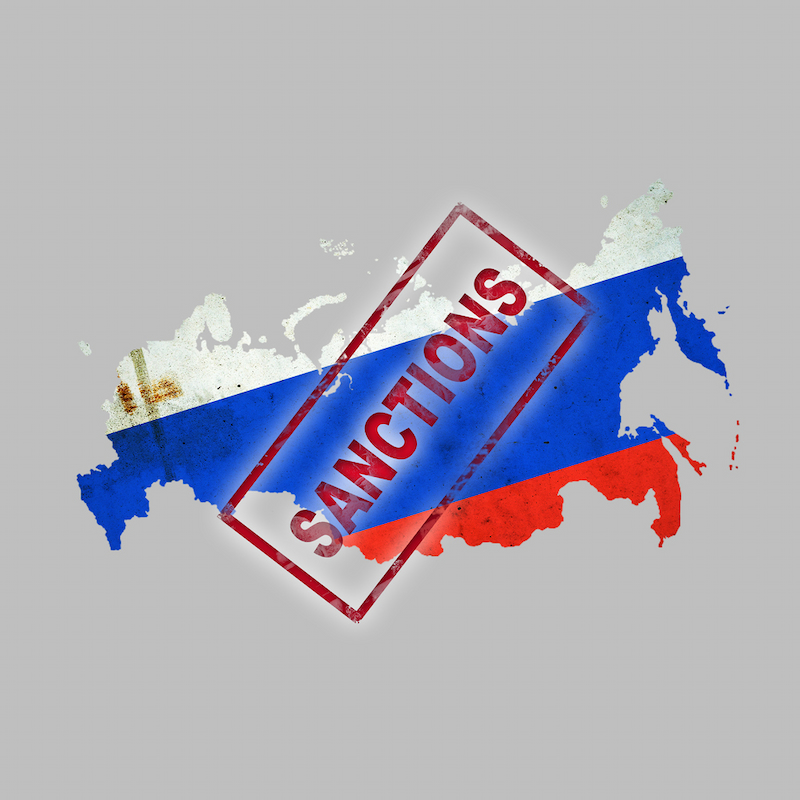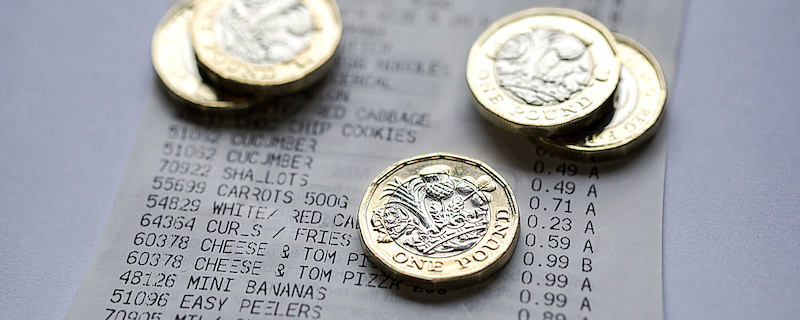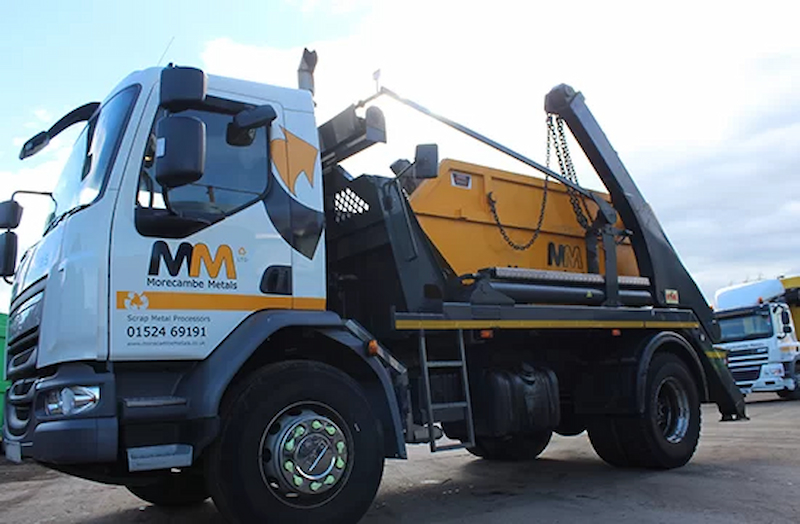The metal and recycling industry is no stranger to difficulties. However, over the past few years, the world has overcome and seen many issues that have affected not just one industry but every sector, from sales to manufacturing. Like the rest of the global population, the knock-on effect of the pandemic of 2020 and other challenges have made it a tough time for the entirety of the metal industry.
We will be exploring all the current affairs that have a detrimental effect on the metal recycling industry and how the sector is adapting and working around these issues to continue providing excellent scrap metal recycling services.
China’s Zero Covid Policies
Since the pandemic began, China has remained with a zero-covid policy that requires strict quarantines and lockdowns across the country. Although most of the world has tackled covid and returned to a new normality, China still suffers from intermittent lockdowns. Most cases detected significantly affect the factories and ports, which are primary players within the metal industry for buying recycled metals and manufacturing products from the materials.
Even when the ports are back open, regular testing and restrictions continuously slow down the shipping and metal supply chains. This issue has forced the rest of the global metal industry to reassess their needs from China and look for more “local” supplies and buyers.
The Russia-Ukraine War
As if the pandemic hadn’t hit the global industry hard enough, the invasion of Ukraine by Russia has badly affected the supply chains for many industries, especially the metal industry. Russia is a crucial contributor to the production of aluminium, steel and nickel. The current sanctions imposed to prevent global trading are increasing these materials’ prices significantly.
Whilst under no sanctions, Ukraine is a major exporter of iron and steel, and the supply of these metals is impacted by their concentration on preventing Russia from overtaking the country. Much like the challenges seen from China’s lockdowns, this issue has created delays, and many European manufacturers are reassessing their scrap metal buyers.
Nickel was already in high demand and low supply prior to the conflict between Russia and Ukraine. However, as leaders in producing this material, there is a significant decrease in nickel availability. In addition, this metal is essential in manufacturing electric vehicles, which are becoming increasingly popular, and has increased the price of nickel significantly as supplies become lower.
Aside from China, Russia is the world’s largest supplier of raw aluminium. This material is used for various applications, from everyday items such as kitchen utensils and window frames to essential products like aeroplane parts and electrical transmission lines. Thus, having sanctions placed on the trading industry with Russia has resulted in a shortage of raw aluminium used for manufacturing worldwide.
With so much demand for metals globally, manufacturers are looking where else they can source the materials detrimental to their work’s continued progression. Recycling the vast quantities we do enables us to assist in offering more economical materials for manufacturing. At Morecambe Metals, we specialise in aluminium as part of our non ferrous metal recycling process. This service has become more critical than ever, with manufacturers looking for an alternative to raw materials once supplied by the two countries.
The Cost of Living Crisis
The most recent challenge the metal industry has had to face is the cost of living prices which have more than tripled from 12 months ago.
Petrol Prices – Transportation of materials has become extremely expensive, whether it’s the collection of skips and scrap metal or the carrying of processed metal to be melted down into reusable material. A typical artic lorry can hold up to 300 litres of fuel and be the highest cost to a business, with many transportation sectors reporting a £20,000 increase in fuel bills per year. Although this cost has slowly begun to deplete, it is still an issue affecting the metal industry and forcing manufacturers to shop more locally for their materials.
Energy Prices – The cost of overheads and energy is also detrimental to the cost of producing materials and processing recycled metals. It affects the employees who require higher wages to cover their own costs, and the businesses within the supply chain also suffer from their expenses. This impact results in higher prices for processing metals and the price for which they are purchased and sold.
How Is the Industry Adapting to the Challenges?
Several years of global challenges have been significant to the metal production industry. However, this has forced the industry to assess its trading and manufacturing, leading to more local purchases. Instead of seeking raw materials from overseas, companies are consciously choosing more local suppliers, resulting in more recycled metals being used. This shift of balance has been a positive one for the likes of the environment and the local infrastructure. As time goes on, we may see more and more “in-house” manufacturing, with more locally sourced materials, reducing the carbon footprint within the broad supply chains.
Here at Morecambe Metals, we understand the importance that scrap metal recycling plays in the supply chain of the metal industry. For example, our ferrous metal recycling process can handle up to 2000 tonnes of steel a week, a material in high demand, which can assist in producing usable materials and reduces the energy required for mining by up to 75%.
Suppose you are looking for a reliable company to deal with all your scrap metal needs. In that case, Morecambe Metals offers excellent customer service and can even collect your commercial waste from any site, making light work of assisting the environment and supplying new material for the metal industry. Contact us today to see how we can help you.





